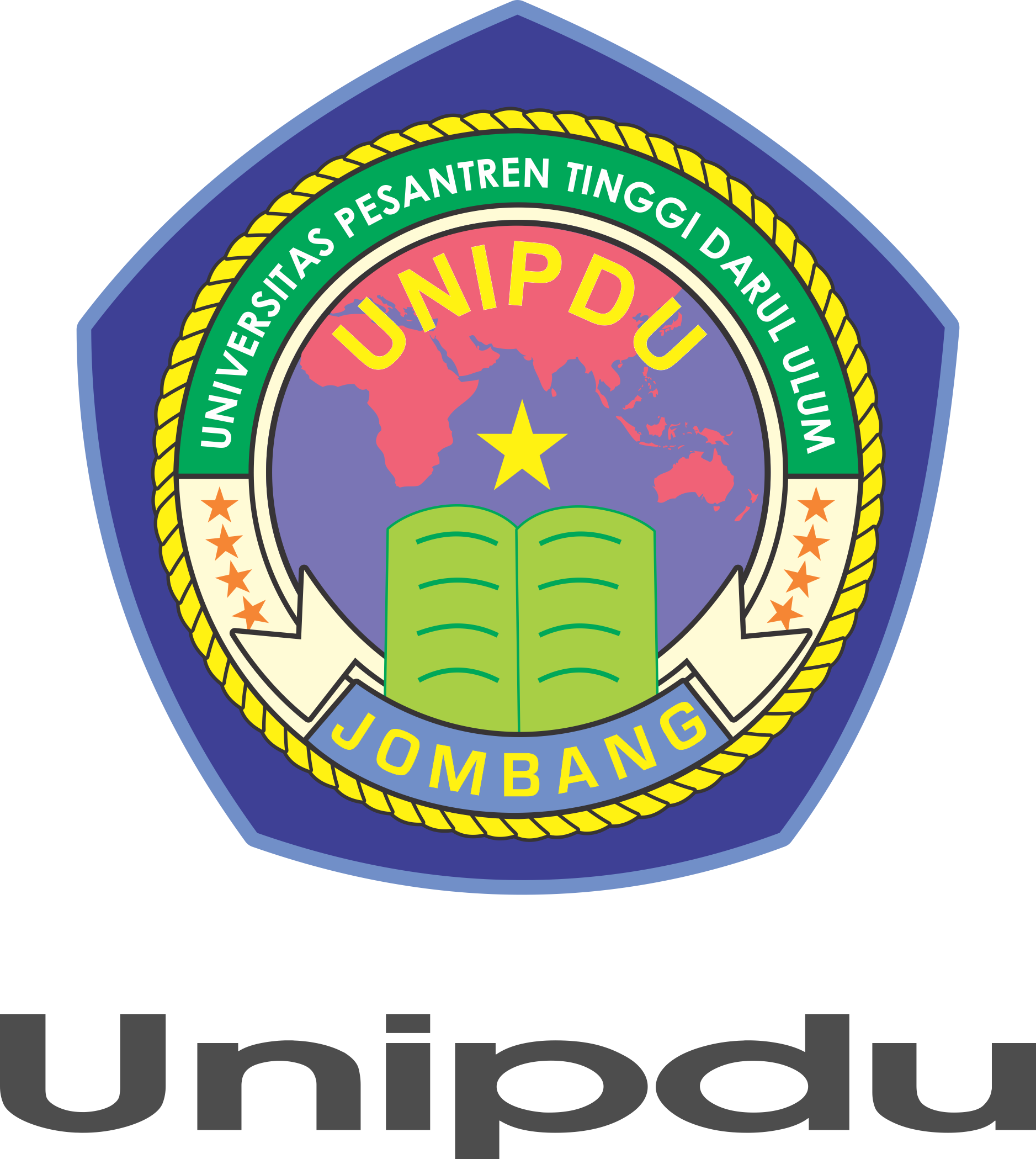PENGALAMAN SANTRI MENGIKUTI PROGAM GPM (GERAKAN PONDOK MENYENANGKAN) TERHADAP PERILAKU BULLYING DI PESANTREN
https://doi.org/10.26594/edunursing.v3i2.1841
Abstract
ABSTRACT
Dormitory is a place for both formal and non-formal education. Santri follows all activities in dormitory and almost spends all of his time to following all rules and regulations in dormitory. Santri may not leave the dormitory without permission from the supervisor and may not carry communication devices or electronics, students who came have different cultural backgrounds and the intensity of time to meet among roommates longer so that the risk for acts of bullying behavior is higher among peers. The purpose of this study is to explore the experience of students during the GPM program in dipesantren. The research method uses descriptive qualitative phenomenology, with the determination of participants using purposive sampling, participants are students who take the GPM program totaling 5 respondents. Data collection techniques with in-depth interviews after that the data were analyzed to determine the sub themes and themes, the results of this study resulted in four themes namely (1) mutual respect, (2) providing assistance, (3) increasing motivation, (4) feeling happy. This research can increase students' self-awareness and understanding of bullying behavior which should not be carried out continuously. Santri feels happy and there is no sense of worry or fear when together with friends.
Keywords ; experience, GPM program, students
References
DAFTAR PUSTAKA
Aisiyai & Ifeoma & Ifeoma. (2015). Exploring bullying in nigerian secondary school and school administrators strategies for its’ management department of educational administration and policy studies. Journal of Educational and Social Research, 5 (2). doi:10.5901/jesr.2015.v5n2p305
Desiree .(2012). Bullying di pesantren. Jurnal Psikologi. FSIP_UI
Donoghue, A. & Brandwein. (2014). Coping with verbal and social bullying in middle school. International Journal Of Emotional Education, 4 (2): 2073-7629
Herzt, F., & Donato, I.(2013). Bullying and Suicide : public health approach. Journal Of Adolescent Health. doi.101016.05.002.
Laeheem, K. (2013). Bullying behavior among primary school students in islamic private schools in pattani province . Asian Social Science, 34 : 500 – 513
Nakou & Asimopoulus. (2014). Bullying in greek secondary schools: prevalence and profile of bullying practices. International Journal of Mental Health Promotion. doi :10.1007/s11218-012-9179-1
Yani, L., A., Winarni, I., & Lestari, R. (2016). Eksplorasi Fenomena Korban Bullying Pada Kesehatan Jiwa Remaja Di Pesantren. Jurnal Ilmu Keperawatan: Journal of Nursing Science, 4(2), 99-113.
Okoth, Joseph.(2014). Teachers’ and students’ perceptions on bullyingJournal of Educational and Social
Omoniyi, I. (2013). Bullying in schools: psychological implications and counselling interventions. Journal of Education and Practice, 4 (8): 2222-1735
Pollit, D.F., & Beck, C.T. (2010). Essential Of Nursing Research: Appraising Evidence For Nursing Practice. 7th Edition. Philadelphia: Wolters Kluwer Health
Stuart, W,.Gail. (2016). Prinsip dan Praktik Keperawatan Kesehatan Jiwa. Edisi Indonesia Pertama. Singapura : Elseiver
Simbolon, M.(2012). Perilaku bullying pada mahasiswa berasrama. Jurnal Psikologi. 39 (2) : 233 – 243
Downloads
Published
How to Cite
Issue
Section
License









